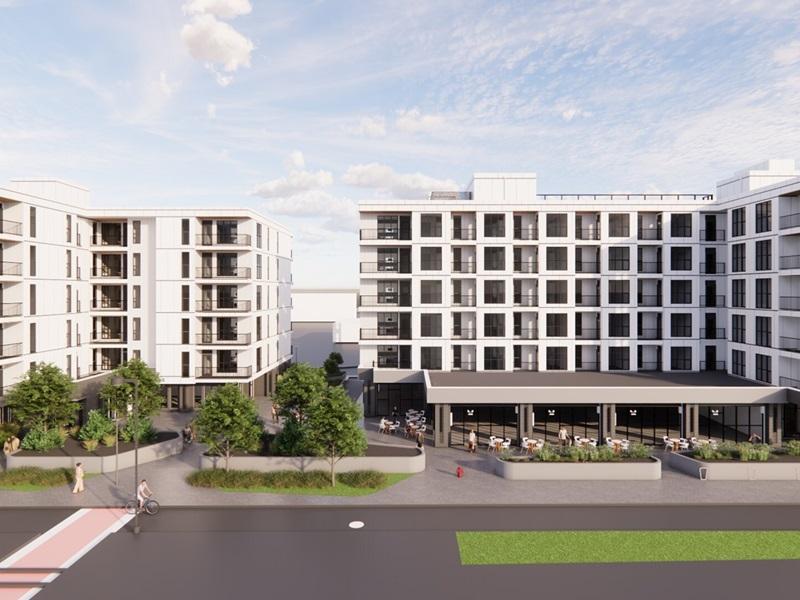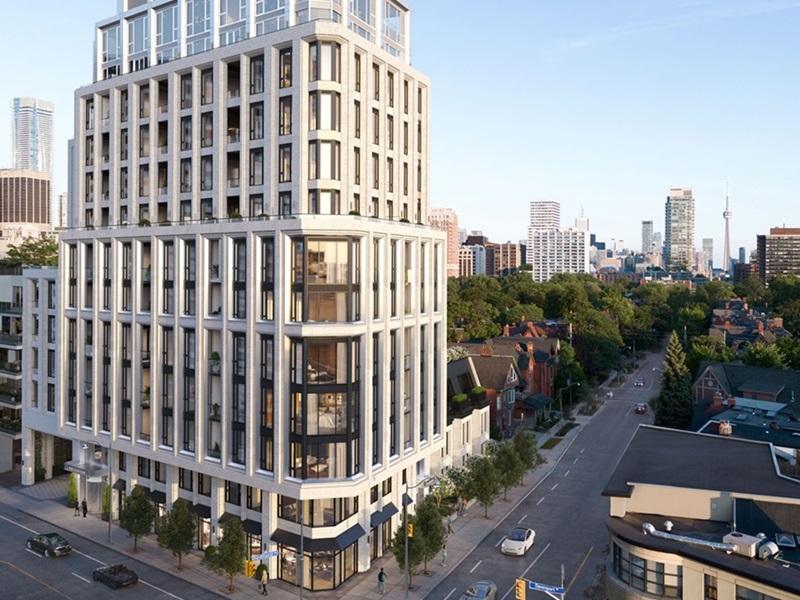
Canada's hospitality industry is enjoying a post-pandemic recovery, stemming from rising guest demand, investor optimism and a healthy transaction market by a variety of capital sources.
2022 year-end hotel transactions touched $1.6 billion in 2022.
While that’s a 20 per cent reduction compared to the year prior, we did see a 10 per cent increase in the number of hotels purchased by buyers who intended to continue operating them as hotels.
Moving into 2023, hotel investment sales surpassed $300 million during the first quarter, up nearly 70 per cent from Q1 2022, supported by a handful of large urban deals in downtown Montreal and Alberta resort markets.
We anticipate total national transaction volume will reach or surpass $2 billion in 2023.
There are some key themes to watch this year, as captured by the 2023 Canadian Hotel Investment Report as well as the 2023 Q1 INNvestment Canada report.
First, we expect to see a continued strong transaction market.
Second, the development pipeline for new hotel projects should start to materialize given the strong demand from visitors in our big cities, which continues to boost hotel revenue.
We believe a significant portion of the new construction will be centred around the lifestyle and extended-stay products.
I recently interviewed Robin McLuskie, managing director, hotels with Colliers in Toronto.
We touched on the post-pandemic international travel surge; the role that inflation is playing in domestic tourism; the motivation for developers to build new hotels and more.
On the post-pandemic international travel rebound and who will benefit from surging visitation:
Robin McLuskie: While it's too early to say if this is the year we return to 2019 international tourism levels, international travel is coming back.
At the end of 2022 we had 12.8 million overnight visitors, up from the low points of 2020 and 2021, which had about three million overnight arrivals in each of those years.
With the last remaining COVID restrictions now lifted and the WHO ending its global health emergency status in May, international overnight visitor numbers are trending up.
We're noticing rising demand especially among Canada's top outdoor and adventure destinations like Banff and Whistler. Urban centres like Toronto and Vancouver are also attracting more international visitors.
Tourism spending by international visitors rose 17.5 per cent in the fourth quarter of 2022, after increasing by nearly 16 per cent in the previous quarter, according to Statistics Canada.
That made accommodation the largest contributor to overall tourism growth in the quarter. International visitors accounted for 27 per cent of all tourism spending in Q4.
On the other hand, Canadians who decided to travel this year seem to be spending more of their money on sunnier foreign destinations like Mexico and Hawaii.
This could be a hangover from Canadians being so limited to domestic holidays during the pandemic.
On whether business travellers are returning
McLuskie: Demand for hotel rooms is returning among business groups. That type of travel started to rebound last year and we're seeing that continue in 2023.
We're not yet seeing 2019 levels of visitors attending larger conferences or big-ticket business events, but they’re starting to come back.
Multi-day events that include hundreds or thousands of attendees can take years to plan, so if those events are now starting to get developed, it may take a year or two before we start seeing the full impact of those people returning to Canada's conference centres and hotels.
Meanwhile, companies are still operating cautiously amid recession worries so we are seeing, in some cases, business planners seeking out secondary markets that might have a smaller price tag.
That has meant cities like Winnipeg, Ottawa and Calgary are competing well for the meetings and events business.
On why Canada's big cities need more hotel rooms
McLuskie: We need more hotel rooms in our largest cities.
In Vancouver for instance, the local tourism authority says summer-time demand for hotel rooms will surpass available rooms by 2028 if new supply doesn’t increase.
The region requires nearly 21,000 new rooms by 2040 to keep pace with demand and avoid losing out on billions of tourism spending.
A major hurdle to getting more hotels built is the challenge of finding the land or air space for a project. The residential market remains strong, putting pressure on hotel developers as they compete for highest and best-use.
We are seeing some new hotel developments in Toronto where owners had been holding the land and we should eventually see new projects in Vancouver given the demand.
It’s likely that many of the new hotels that will come to market in the next few years will be part of mixed-use complexes including condos or rental housing, retail and other commercial uses.
That kind of mix will help subsidize the costs of building the hotel.
On the types of lodgings we need more of
McLuskie: We're going to start seeing hotel projects being penciled in and hopefully start completing in the next three to five years. It's also important, though, to have a variety of hotel types both for leisure and business.
Canada has a lack of hotel rooms that are suitable for extended stay. We need more hotels that feature kitchens, separate bedrooms and amenities like co-working facilities.
Canada's hotel developers are leaning away from typical hotel designs and amenity offerings and instead finding creative ways to break the mould.
New successful hotels will incorporate unique flair that acknowledges the local community.
Even larger brands are finding ways to localize their hotels by designing, styling and outfitting properties that look and feel one of a kind, even though they’re part of a large chain.
Autography by Marriott and Tribute by Hilton are two examples.
On whether we'll start seeing offices and other properties converted into hotels
McLuskie: This is something people in the industry like to talk about, but we are not really seeing this happen in any meaningful way in Canada.
A conversion of an office building, or even a residential building, into a hotel is costly, complicated and challenging.
We've seen two successful examples of this in Canada that we know of: one in Calgary and one in Quebec, but generally there are complications and challenging retrofits for plumbing, elevators, hallways and windows.
Our experience is owners find it makes more sense to build a new hotel instead of trying to convert one from another use.
On the role inflation will play in the domestic tourism market
McLuskie: Inflation continues to be a problem in Canada and it obviously takes a bite out of Canadians' travel budgets.
When Canadians face budget constraints, they usually spend more time and money in smaller communities or driving destinations within three or four hours of home.
However, it’s possible the worst is over for inflation as we’ve seen declines from the peak in 2022.
As the 2023 numbers start to add up, we expect much of the growth to be taking place in urban luxury or lifestyle accommodation. Much of that will stem from international travel and business visits.
The business models for hotels, however, are very fluid. Demand goes up, prices go up. Demand goes down, prices go down.
That allows hotel operators to generate more revenue quickly as compared to, say, an industrial or office owner that has tenancies with three, five or 10 years remaining.
Hotels are a beautiful asset to have when it comes to inflation.










